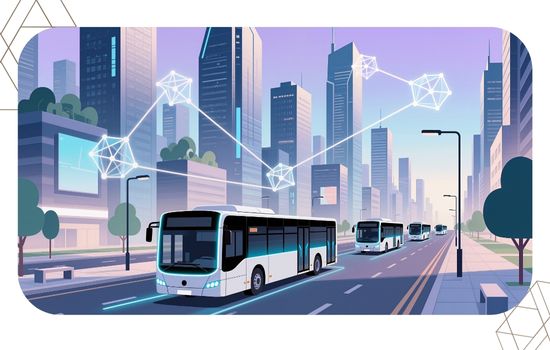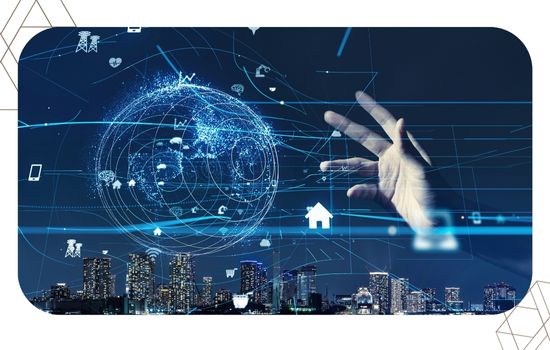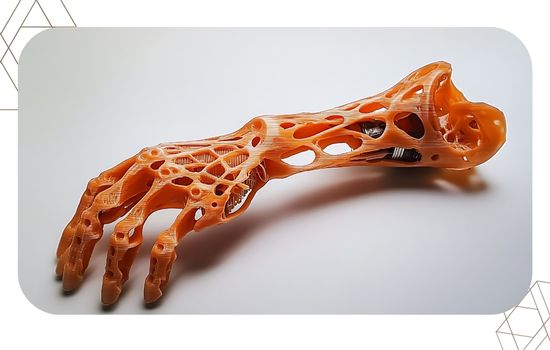Advertisements
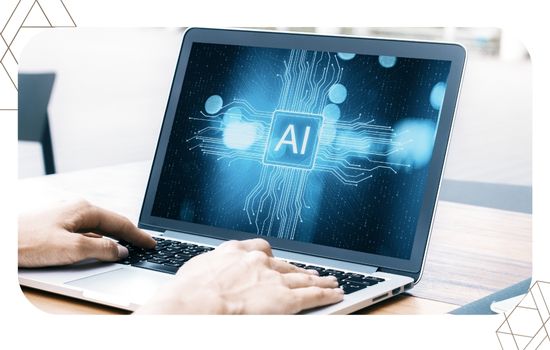
The Artificial Intelligence in 2025: How It Is Changing Society It is not a futuristic question, but a reality that is experienced every day.
From the way we work to the way we consume information and access healthcare services, AI has moved from being a resource limited to technology labs to becoming an integral part of everyday life.
This article analyzes how artificial intelligence impacts the economy, politics, education, digital culture, and ethics, using current data and a practical approach to understanding its social transformation.
Summary of what you will find in this article:
- Impact of AI on the world of work and the economy.
- Transformations in education and lifelong learning.
- Changes in health and personalized medicine.
- Influence on digital culture and the media.
- Ethical and regulatory challenges.
- Frequently asked questions about the future of AI in society.
A silent engine that drives economic change
The global economy in 2025 cannot be understood without artificial intelligence. A McKinsey study (2023) projected that AI would generate up to $4.4 trillion in annual value for the global economy.
Advertisements
Today, this prediction is confirmed in key sectors such as logistics, banking, and e-commerce.
For example, supermarket chains in Mexico already use predictive algorithms to anticipate product demand and reduce waste.
Banks are also integrating AI to detect fraud in real time, protecting millions of users.
The transformation is not limited to large corporations: small and medium-sized businesses are adopting automation solutions that allow them to compete in digital markets without having to invest in massive technological infrastructure.
The following table summarizes key areas where AI has a direct impact on the economy:
| Sector | Main impact in 2025 |
|---|---|
| Health | Assisted diagnosis and personalized medicine |
| Education | Smart tutoring and adaptive learning |
| Finance | Fraud detection and risk analysis in seconds |
| Transport | Route optimization and autonomous vehicle testing |
| Retail | Demand prediction and experience personalization |
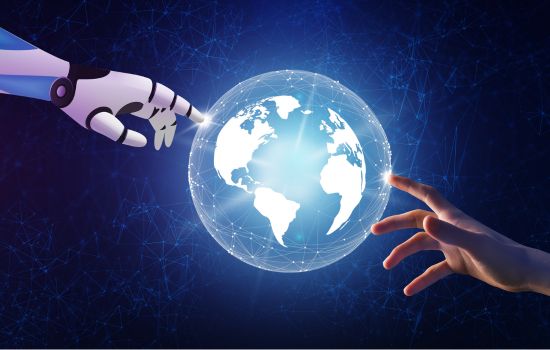
Read more: Surprising uses of AI in everyday life
Education: dynamic and accessible learning
The education system is facing a turning point. AI-powered digital platforms offer personalized content that adapts to each student's pace and style.
Instead of a homogeneous model, opportunities are opened for children and adults to learn flexibly.
A concrete example is the integration of educational chatbots that answer questions instantly and reinforce complex concepts with additional explanations.
These tools become an ally, not a substitute, for teachers.
Education in 2025 no longer depends on a physical classroom, but on the ability to combine in-person experiences with intelligent digital resources.
AI democratizes knowledge, but it also poses a challenge: ensuring that underserved communities are not left out of this evolution.
Personalized medicine and preventive health
One of the most visible changes is in the health sector. According to the World Health Organization (WHO), the use of predictive algorithms makes it possible to anticipate disease outbreaks and improve prevention.
By 2025, Mexican hospitals will already be using AI systems to analyze medical images more accurately than traditional methods, reducing misdiagnoses.
Personalized medicine is also gaining ground: thanks to AI-assisted genetic analysis, treatments are tailored to each patient's unique characteristics.
This not only increases effectiveness, but also reduces side effects.
A clear analogy would be to imagine that the same medicine was previously applied as a "universal prescription," while now it is tailored to each organism like a tailor-made suit.
Digital culture: from entertainment to critical consumption
Digital culture in 2025 is profoundly shaped by artificial intelligence. Streaming platforms use AI to accurately recommend movies and music, while social media employ algorithms that shape public conversations.
However, this power has two sides. On the one hand, it offers more personalized and convenient experiences. On the other, it can amplify misinformation or trap users in content bubbles.
Given this situation, a fundamental debate arises: to what extent do citizens control their access to information, and to what extent do algorithms decide for them?
The answer involves both individual responsibility and clear regulations to ensure fair use of technology.
Ethics and regulation: the need for a solid framework
The acceleration of AI use requires stronger regulatory frameworks. The European Union has already made progress with the Artificial Intelligence Law, passed in 2024, which establishes risk categories and prohibits applications that threaten human rights.
Mexico, in parallel, is discussing guidelines inspired by this model, prioritizing algorithm transparency and the protection of personal data.
The ethical dilemma isn't limited to privacy. It also includes how to ensure that AI doesn't reproduce gender, racial, or social class biases.
Solving it involves designing auditable systems and promoting citizen participation in the debate.
Opportunities and challenges in the world of work
The automation of tasks raises fears of unemployment, but it also opens up opportunities for new professions. Researchers from the Forum
The World Economic Forum projects that AI will create 97 million jobs in areas related to programming, technology ethics, and data management, while replacing repetitive roles.
A clear example is logistics: drivers are facing the arrival of autonomous vehicles, but new positions are emerging in maintenance, systems supervision, and digital fleet management.
Change does not imply an end, but rather a transformation in the way of working.
Connected Society: Where Are We Headed?
The Artificial Intelligence in 2025: How It Is Changing Society It poses a paradox: there have never been so many opportunities for progress, but ethical and social tensions are also growing.
The challenge is to balance innovation with the protection of fundamental rights.
Asking whether AI will dominate our lives is not as productive as questioning how governments, businesses, and citizens can build a framework for fair coexistence.
Technology is a powerful tool, but it still depends on human decisions.
Conclusion
The Artificial Intelligence in 2025: How It Is Changing Society It's not an isolated phenomenon or exclusive to technologists. It impacts every person in the way they study, work, take care of their health, stay informed, and even interact with the digital world.
The challenge is to take an active role: taking advantage of its benefits without losing sight of the risks.
Ethical regulation, digital education, and citizen participation are key to making AI a driver of inclusion, not inequality.
Read more: Apps to speed up your smartphone
Frequently Asked Questions (FAQ)
1. Which sectors will benefit most from AI in 2025?
Mainly healthcare, finance, education, transportation, and retail, where greater efficiency and personalized services are achieved.
2. Will AI completely replace human jobs?
No. It replaces repetitive tasks, but creates jobs in areas of technology, supervision, and ethical systems design.
3. What risks does AI bring to daily life?
Among the most important are the loss of privacy, misinformation, and the reproduction of biases in automated decisions.
4. How is AI currently regulated in Mexico?
In 2025, frameworks inspired by the European Union's Artificial Intelligence Act are being discussed, focusing on transparency and data protection.
5. Will AI in education replace teachers?
No. It becomes a complementary support, helping to personalize learning and freeing up time for teachers to focus on critical teaching.
6. Is personalized medicine accessible to everyone?
Not yet. Although it's already being used in referral hospitals, the challenge is to expand its coverage to ensure equity.
7. What is needed for a fair future with AI?
Digital education for citizens, clear regulation, algorithm transparency, and social responsibility for technology companies.

